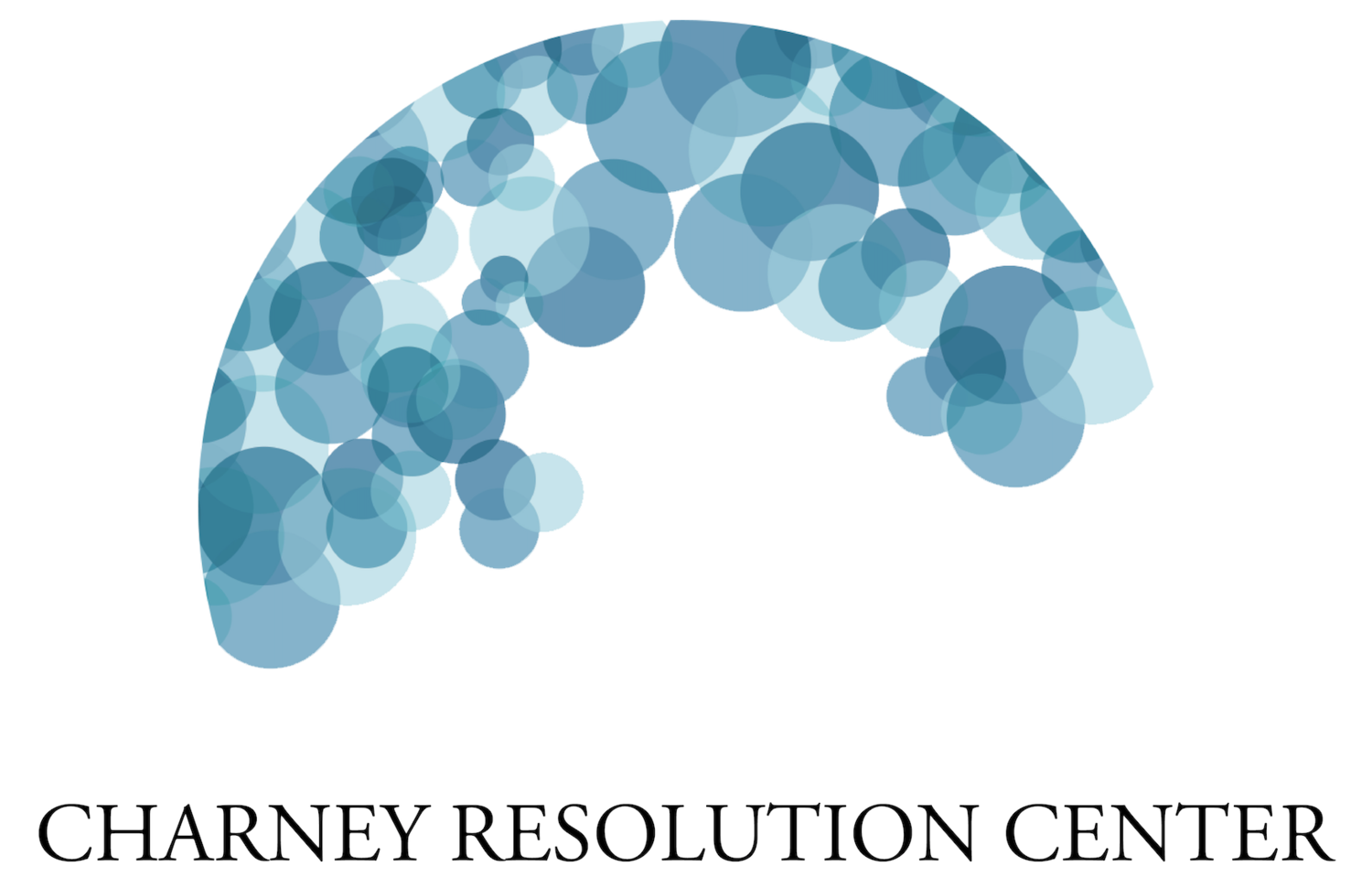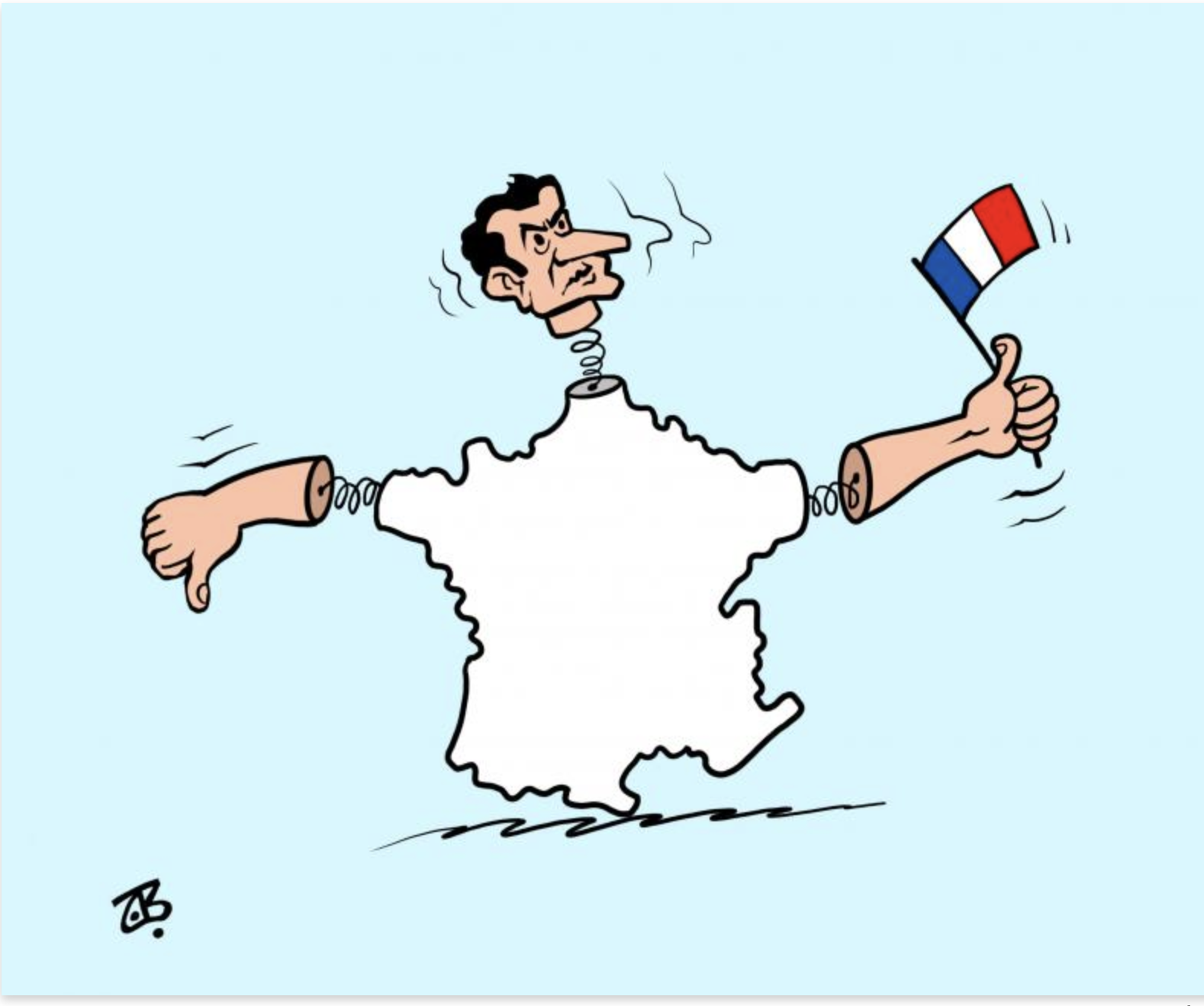On March 8th, thousands of Georgians took to the streets in the capital Tbilisi, waving European flags and chanting ‘No to the Russian law’. The police used water cannons and tear gas to disperse the protesters. Two days before the Parliament had adopted a proposal for the so-called ‘Law on Transparency of Foreign influence’. This law would have required that any organization that receives more than 20% of their funds from abroad should be labelled as ‘agent of foreign influence’. This term immediately triggered the population as it reminded them of a similar Russian law that uses the very same term ‘foreign agents’. This law is used by the Russian government to silence and limit the freedom of press. Many foreign governments, including the European Union, clearly communicated how this bill would be an alarming sign of democratic backsliding for Georgia and a threat to its citizen’s freedom. The size of the protests gave a clear signal to the government, who was pushed to retract the bill on March 10th. It also gave a message of hope to the democratic allies and to neighboring countries, demonstrating that people will raise their voice against Russia’s attempt to expand its power.
Georgia is situated in a difficult position, squeezed geographically and culturally between the European Union and Russia. According to a survey conducted by The Economist in 2022, more than 80% of Georgians want to join the EU. In February 2022, Moldova, Ukraine and Georgia submitted their applications to become candidates of the UE. This followed following Russia’s brutal full-scale invasion of Ukraine, which made many post-Soviet countries feel threatened and unsafe. However, Georgia’s application was rejected due to recurrent scandals of corruption, vote buying and reduced freedom of speech. The Freedom House Index highlighted how civil liberties are still not fully protected in Georgia.
This law is once again an attempt of Russia to expand its influence over the post-Soviet bloc, trying to carry on the ideological war that happens with the West. This trend was enhanced by Russia’s invasion of Ukraine last year. Georgians can relate to the sufferings of the Ukrainians, as their country was also invaded by Russia in 2008. That war was a lot faster but still resulted in the occupation and illegal annexation of 20% of Georgia’s territory. To this day the regions of South Ossetia and Abkhazia are controlled by Russian forces and are inhabited by many of the Georgian filo-russians.
In a period of great global instability and a general fear of Putin’s undemocratic and violent actions, Georgians gave a clear signal that they dream of democracy and oppose totalitarianism. Once again, Putin’s attempt to expand his authoritarian and oppressive power model was met with resistance from the people!







